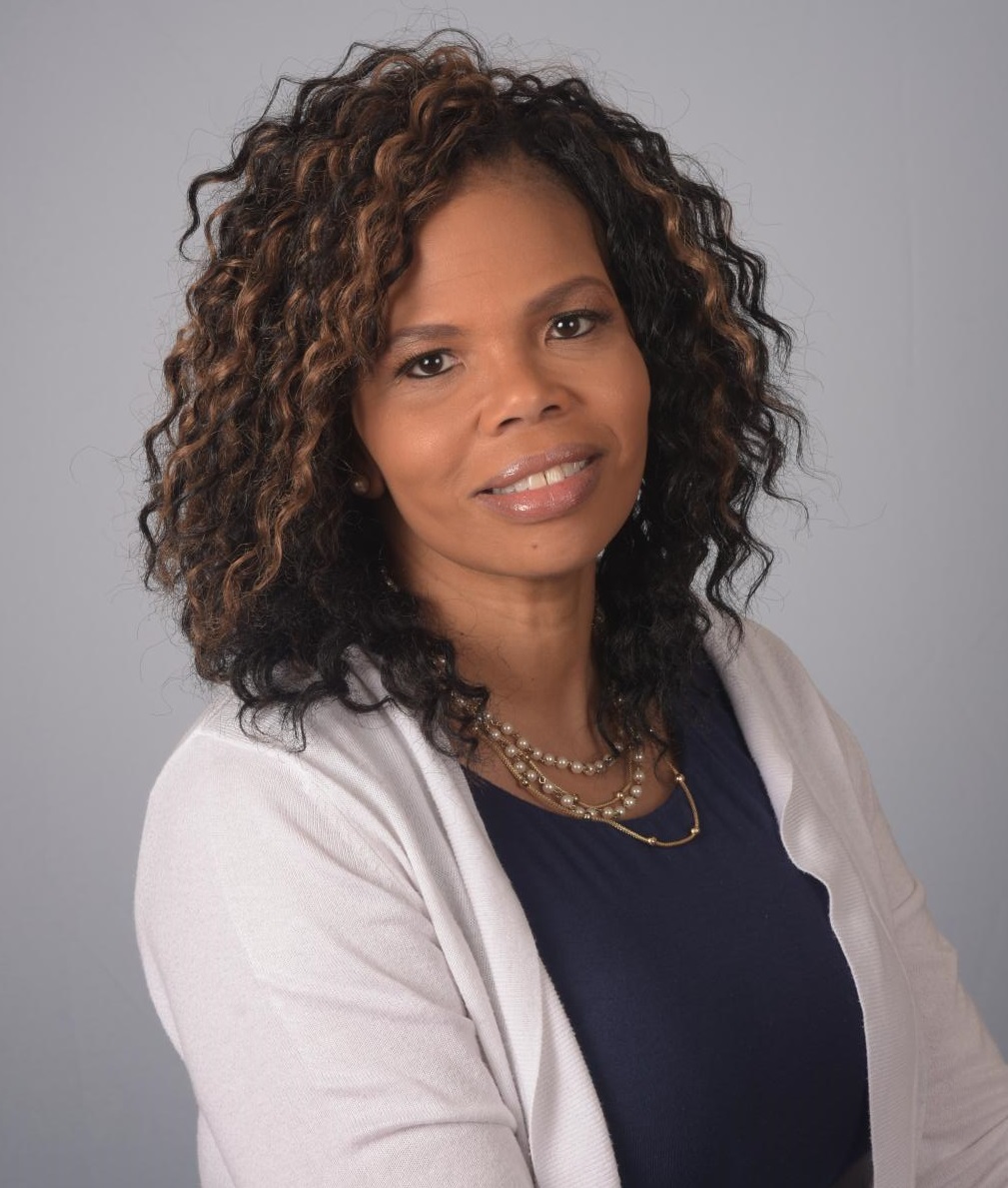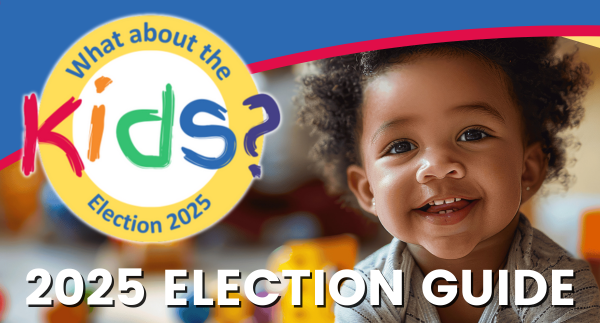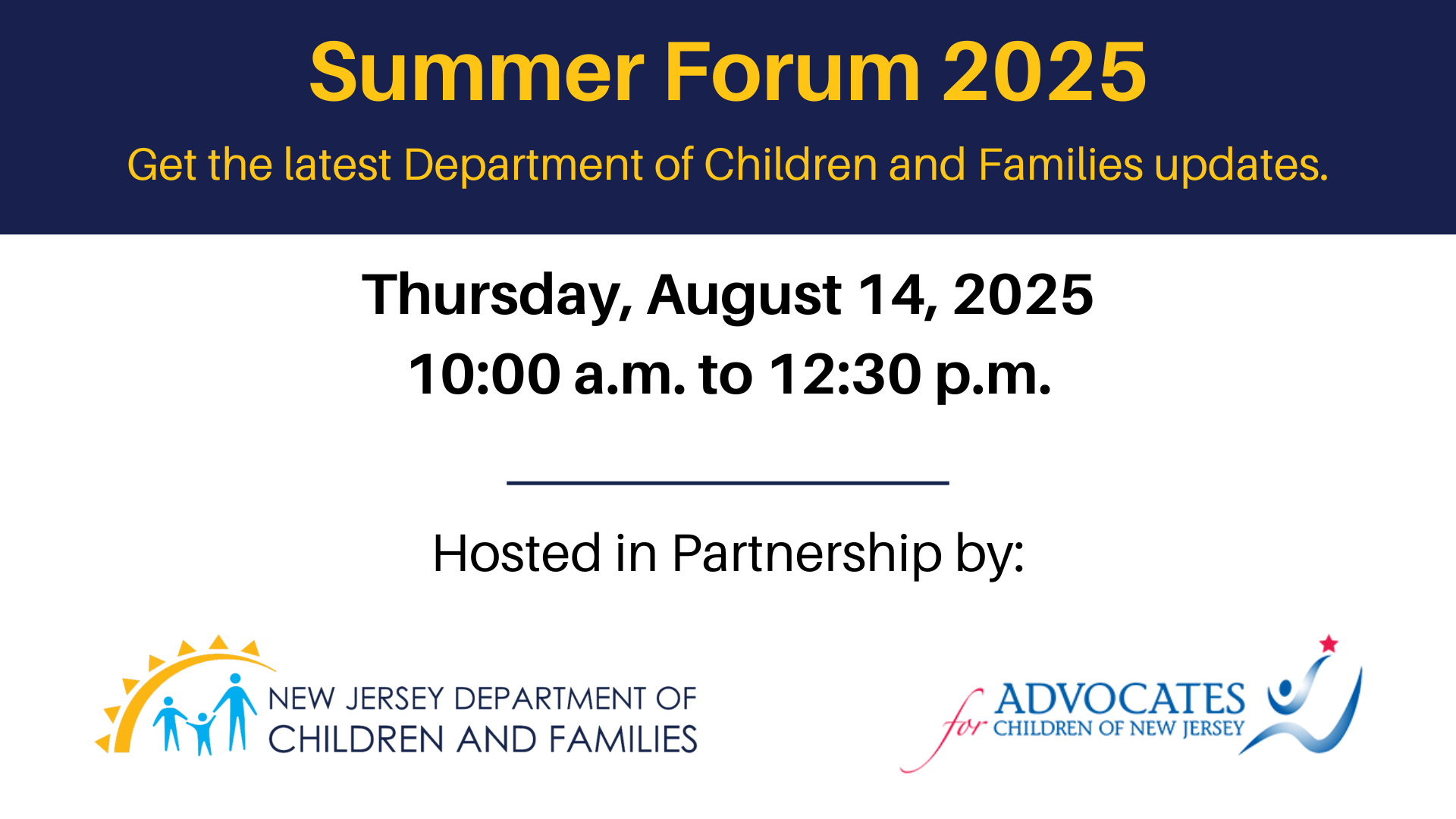Many continue to analyze the potential impact of the One Big Beautiful Bill Act that President Trump signed on July 4 (hereinafter referred to as HR1). HR1 provisions impacting New Jersey's Medicaid population were shared at the NJ Medicaid Assistance Advisory Council (MAAC) meeting on July 17. Materials from this and other MAAC meetings are available on the MAAC website.
It is not yet clear what adjustments New Jersey may need to make to NJ FamilyCare or state benefits as the new requirements are implemented, with some changes taking effect immediately and others over the next few years. Please read the statement from NJ Department of Human Services Commissioner Sarah Adelman to appreciate the breadth of changes to HR1 makes to Medicaid.
Here is what we know about changes to federal Medicaid funding
A primary goal of HR1 is to save $800 billion over the next 10 years in federal Medicaid spending. These savings will be achieved by imposing additional requirements to enroll or maintain coverage, which will likely result in recipients of health coverage through state public health insurance programs, such as NJ FamilyCare, losing their coverage. Reducing the number of New Jersey citizens enrolled will, in turn, decrease the amount the federal government pays to states to support public health insurance programs and other Medicaid-funded services.
Every state has a public health insurance program, such as NJ FamilyCare, funded with state and federal Medicaid and Children's Health Insurance Program (CHIP) dollars. Currently, nearly 20% of New Jersey residents, including over 860,000 children, access healthcare through NJ FamilyCare, and almost 550,000 working-age adults are enrolled through the Affordable Care Act's Medicaid expansion. This Medicaid expansion population is the focus of many of the new federal requirements.
Federal Medicaid matching payments to states for qualified medical services are based on the Federal Medical Assistance Percentage (FMAP). The FMAP varies by state and is computed from a formula that takes into account the average per capita income for each state relative to the national average. New Jersey is one of 10 states that benefits from the current law, which sets a minimum federal match level at 50%. Specific categories of health insurance have different levels of FMAP. CHIP receives a 65% federal match, and the Medicaid expansion population gets a 90% federal match. According to the New Jersey Department of Human Services, "the federal government assumes ~60 percent ('blended share') of the cost of NJ FamilyCare":
-
-
- 90% of the cost for low-income adults covered under the Affordable Care Act
- 65% of the cost for moderate- to low-income children under CHIP
- 50% of the cost for most other NJ FamilyCare members
NEW Medicaid Work Requirements and Eligibility Redeterminations
The law requires states to condition Medicaid eligibility for individuals ages 19 to 64 in the Medicaid expansion population on working or participating in qualifying activities, such as education or volunteer services, for at least 80 hours per month. Certain adults, including pregnant or postpartum members, former foster youth up to age 26, parents with children age 13 and under, and those who are "medically frail," are exempt from the requirement. If a person is denied or disenrolled from NJ FamilyCare for failing to meet their work requirements, they are also ineligible for subsidized Marketplace coverage.
Under the new law, NJ FamilyCare renewal determinations for most of the adults enrolled through Medicaid expansion scheduled on or after December 31, 2026, must be conducted every six months. Thus, most of these adults will need to prove they meet the work or community engagement requirement twice a year. This change will result in an additional workload for state and county workers who handle eligibility determinations. States demonstrating a good faith effort to comply and making progress may have until December 31, 2028, to fully implement the change.
The New Jersey Department of Human Services estimates that up to 300,000 eligible residents may lose, or fail to obtain, NJ FamilyCare coverage due to new bureaucratic barriers, many of which stem from the difficulty in producing the required documentation. Up to 50,000 adults could lose coverage because they are unable to provide the necessary documentation to comply with the work requirement. This may result in $400 million in lost federal funding to New Jersey.
Out-of-Pocket Costs Imposed on all Medicaid Enrollees
All states currently have the option to impose out-of-pocket costs such as premiums and copayments on some Medicaid enrollees. As of October 2028, states must charge Medicaid enrollees with family incomes between 100% and 138% of the federal poverty level (FPL)–which is $15,650 for a single adult who qualifies for the program based on income alone–up to $35 per healthcare service. Certain services and providers are exempt from this cost-sharing obligation, including prenatal care, pediatric care, primary care, emergency care, and care delivered by federally qualified health centers or certified community behavioral health clinics that provide mental health care or substance use disorder services. The cost-sharing will be capped at 5% of a family's household income.
Under current law, undocumented immigrants are not eligible for Medicaid coverage. Several states, including New Jersey, use state-only funds to provide health coverage to children, regardless of immigration status–as long as the household income meets the eligibility requirements. Initial budget reconciliation proposals sought to reduce the federal Medicaid match for these states. The Senate parliamentarian ruled that this provision cannot be enacted as part of the budget reconciliation process. However, as of October 1, 2026, in the adult population, only lawful residents, Cuban/Haitian entrants, and Compact of Free Association migrants from certain Pacific Island nations will qualify for Medicaid. Approximately 15,000 to 25,000 individuals in New Jersey will lose Medicaid coverage.
Provider Taxes
Currently, the state assesses a tax on hospitals, providers, and health plans of up to 6% of revenue, which is eligible for a federal match. New Jersey then reinvests these funds into our healthcare system. For fiscal year 2026, this assessment is projected to generate approximately $875 million in federal revenue. HR1 requires that, starting in fiscal year 2027, the cap of 6% be gradually reduced to 3.5% by fiscal year 2032. Nearly $400 million will be lost as a result of this reduction. Fourteen counties utilize the provider tax to secure additional federal funding for their hospitals. The state estimates that by 2032, approximately $800 million of this federal revenue will be lost.
Emergency Medicaid
Emergency Medicaid offers limited coverage for individuals who lack a qualifying immigration status and covers emergency services delivered in an inpatient hospital setting. New Jersey's federal match starting in October 2026 will be reduced from the current 90% match to the 50% base rate. New Jersey is likely to lose in the range of $446 million in annual federal Medicaid funding.
Clearly, HR1 will have a devastating impact on NJ FamilyCare, hospitals throughout the state, and other Medicaid-funded programs. These cuts may also impact school-based, health-related services and possibly behavioral health services provided through our state’s Children’s System of Care.
ACNJ is working with other organizations that serve those enrolled in NJ FamilyCare to help educate members about new requirements, and with state officials to ensure compliance as these requirements are implemented. For more information, contact Mary Coogan at mcoogan@acnj.org.






